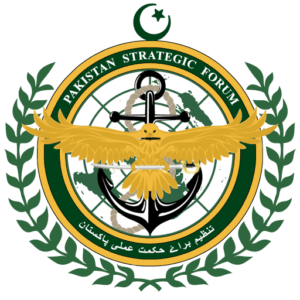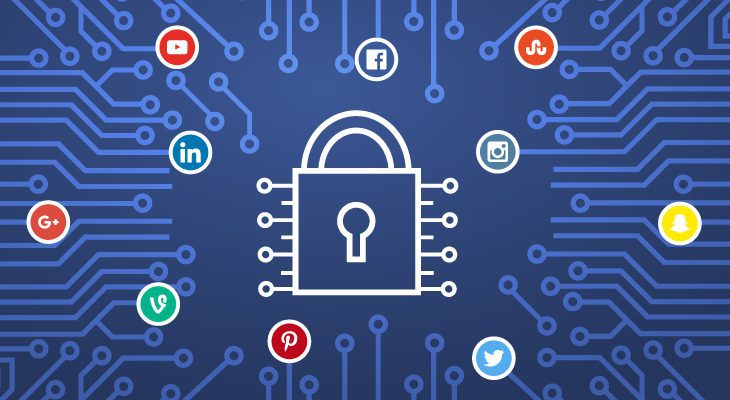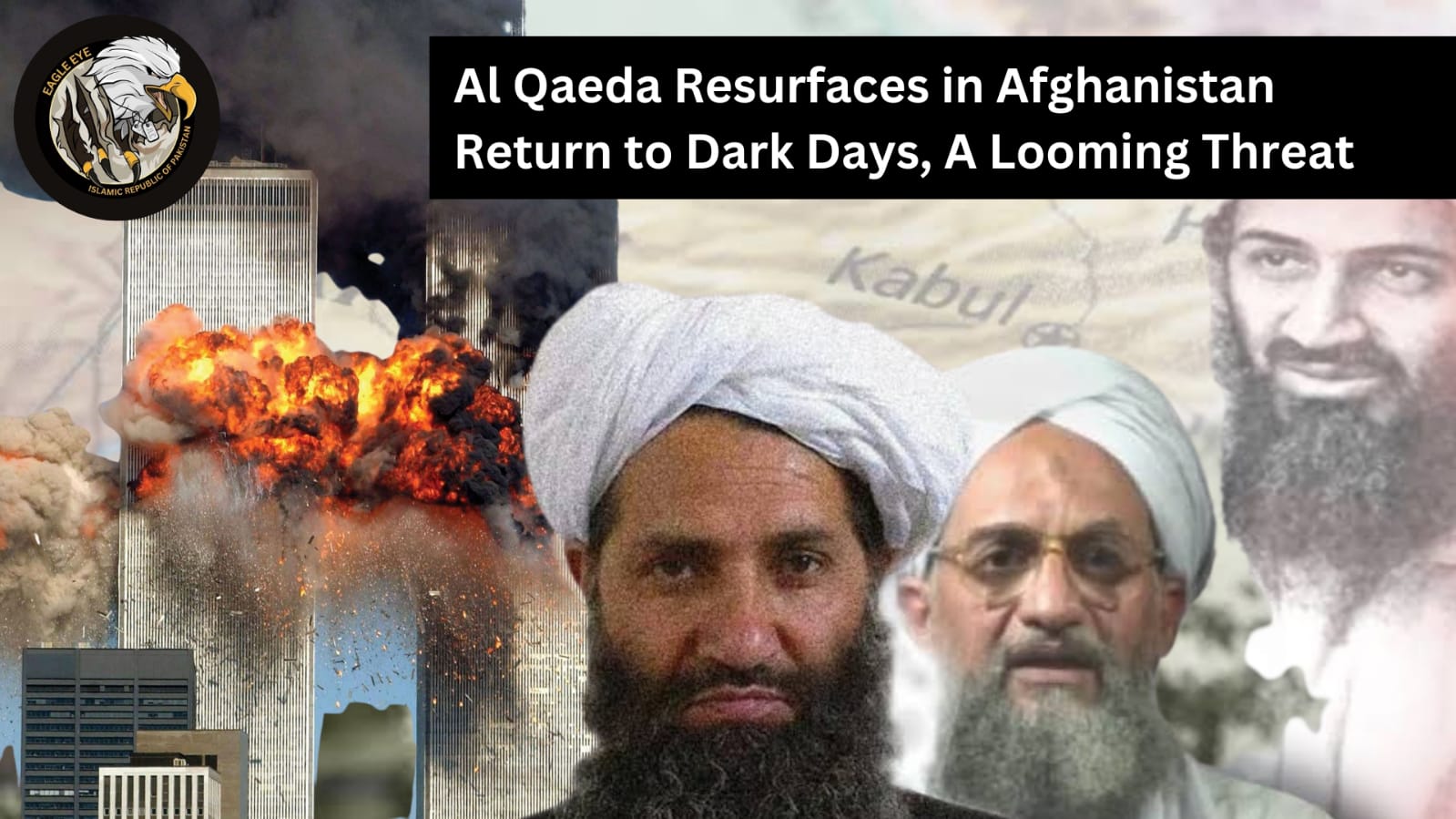In recent years, social media has revolutionized the entire world with its astonishing effects and has become a vital part of human consciousness. Social media platforms (SMPs) like Facebook, Twitter, Instagram, etc. are relentlessly used by the public to share information, experiences, views, and emotions. Moreover, SMPs have enabled people to communicate across the globe, becoming an influential tool to control various dimensions of human life. At the same time, SMPs have brought new kinds of threats to the nation’s security. At the earliest, the spread of fake news and propaganda campaigns by diverse groups are harming the basic thread of any society.
A few years back it was a herculean task to keep an eye on the adversary and proliferation of nuclear weapons across the globe. However, due to the advancement in information technology, it has changed rapidly. SMPs have provided a different dimension to propaganda warfare, an essential element of hybrid warfare, actively used by enemies and hostile countries in fifth-generation warfare.
With open access to non-state actors, SMPs have become a tool in the hand of the state as well as the adversary. The increasing rise of fake news has made common people, a normal target for propaganda and fake news. In today’s world, everyone has access to social media but unfortunately, most people lack a basic understanding of social media and are unaware of its vulnerabilities and apprehensions that can be exploited and misused by hostile elements to achieve their nefarious goals. According to the present data, approximately 50 million online users are academically and technically not sophisticated and mature in Pakistan. Hence, becoming an easy victim. Similarly, it has also been observed that various social media platforms are selling important data of SME users to different agencies, thus violating the fundamental right of human privacy.
Furthermore, in recent years incidents like the Arab Spring, London Riots (2011), Indian Elections 2014, BREXIT Referendum, and US Elections of 2016 have depicted an overwhelming impact and hidden potential of social media. Similarly, it has also been witnessed that different terrorist organizations have used social media to proliferate their propagandas, extremist ideologies among the masses. Consequently, countries like China have sensed and anticipated their threats and banned western social media giants. It has devised native social media platforms in their country. On the contrary, Pakistan has many social media users. 18% of our population is an active member of social media with the majority having ages from 18-24 years. Our law enforcement agencies have limited resources and capabilities to fight cybercrime, to surveil social media thus making it hard for law enforcement institutions.
Today, technology has enabled the hostile states and non-state actors to misuse the data because social media is an effective tool to have an impact on the common masses to achieve their motives such as opinion building, propaganda, awareness, and cybercrimes. It has the potential to pose a serious threat to the state’s national security in many ways. Therefore, it is need of the hour that the government should reach to individuals to create awareness among them. Similarly, it can also be used to counter different narratives and propaganda against the state. Therefore, it is incumbent upon the state to develop its indigenous social media platforms to fully regulate the cyber world.
Here and now, in this situation the importance and advantages of social media like entertainment, sharing different content and information cannot be denied but it must also be understood that social media is just a tool and its role becomes more important when it comes to Pakistan that is constantly under threats and external pressures. Therefore, social media cannot be used effectively without a proper and well-organized national strategy. The best solution to this predicament is to devise a strong mechanism for the surveillance of these different social media applications. Pakistan can also introduce its own native social media applications to counter or minimize the effects of cybercrime and for the protection of national security and interests. This will keep the information inside our premises and will boost the economy as well from the online activities of our users. Further, the government should also ensure to determine whether the information propagated on social media is reliable and can be trusted or not. Similarly, it is the responsibility of every individual to use social media responsibly and with great prudence at a personal level. Meanwhile, it must be ensured that the private data of citizens will not be used by the state to coerce individual freedom.
Article by: Brigadier Dr. Abdul Rauf & Lt Col Muhammad Sharjeel Zareen
Review by: Imad Naseer
About Author: Imad Naseer is a student of BS English from National University of Modern Languages.
Note: The views expressed in this article are the author’s own and do not necessarily reflect the editorial policy of Pakistan Strategic Forum.
#TeamPakistanStrategicForum






